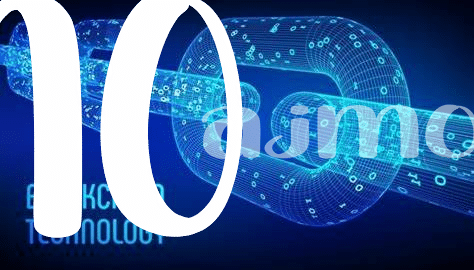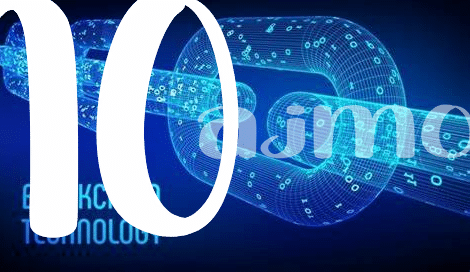Blockchain’s Impact on Healthcare Providers 🏥

Blockchain technology has revolutionized the way healthcare providers operate, offering increased transparency, efficiency, and security in managing patient data. By securely storing and sharing information in a decentralized manner, healthcare providers can streamline processes, reduce administrative burden, and enhance collaboration among different entities within the healthcare system. This transformative technology not only improves data accuracy but also enables quick access to critical information, ultimately leading to better care coordination and patient outcomes. Embracing blockchain in healthcare empowers providers to focus more on delivering quality care while mitigating risks associated with data breaches and unauthorized access.
Patient Data Security and Privacy Concerns 🔒
Patient data security and privacy concerns in healthcare are paramount considerations in the digital age. With the increasing reliance on electronic health records and data sharing, safeguarding sensitive patient information from unauthorized access or breaches is essential. Blockchain technology offers a promising solution by providing a secure and decentralized system that ensures data integrity and confidentiality. By encrypting patient data and establishing permissioned access, blockchain addresses the vulnerabilities present in traditional centralized databases. However, the implementation of blockchain in healthcare must navigate regulatory requirements and trust issues to mitigate privacy risks effectively. Consequently, enhancing patient trust and maintaining data security remain central challenges for healthcare providers looking to leverage blockchain technology.
Implementation Challenges and Solutions 🧩

Implementation Challenges:
Integrating blockchain technology into the UK healthcare system poses several hurdles. One major challenge is the interoperability between existing systems and blockchain platforms, which requires significant resource investment and time to ensure seamless integration. Additionally, the complex regulatory environment in healthcare adds another layer of difficulty, as compliance standards need to be strictly adhered to when implementing blockchain solutions.
Solutions:
To overcome these challenges, collaboration between healthcare providers, technology experts, and regulators is crucial. Establishing clear communication channels and standardized protocols will help streamline the implementation process. Moreover, investing in staff training and education on blockchain technology can facilitate smoother adoption and reduce resistance to change within the healthcare workforce.
Government Regulations and Compliance Factors 📝

Blockchain adoption in the UK healthcare sector is closely intertwined with government regulations and compliance factors. The need for stringent measures to ensure data security and privacy aligns with the regulatory landscape that governs the use of blockchain technology in healthcare. As the sector embraces blockchain for improved transparency and efficiency, regulatory frameworks must evolve to facilitate its integration seamlessly.
To explore how blockchain technology is driving economic growth with smart cities initiatives, particularly in the United Arab Emirates, check out the article on “blockchain technology innovation policies in United Arab Emirates” on wikicrypto.news.
Opportunities for Enhanced Patient Care 🌟
Blockchain technology presents a promising avenue for transforming the landscape of patient care within the healthcare sector. By leveraging its decentralized and secure nature, blockchain can streamline processes, enhance data accuracy, and facilitate seamless communication among healthcare providers. This innovation opens up avenues for improved care coordination, personalized treatment plans, and real-time access to patient records, ultimately leading to more efficient and effective healthcare delivery. Furthermore, blockchain’s potential for interoperability can break down silos within the healthcare system, promoting comprehensive and holistic patient care.
Future Trends in Blockchain Integration 🚀

The increasing integration of blockchain technology is set to reshape the healthcare landscape, leading to greater transparency and efficiency in data management. With the potential to revolutionize how medical records are stored and shared, blockchain offers a secure and immutable platform for healthcare providers to streamline operations and enhance patient care. As institutions continue to explore its possibilities, future trends indicate a significant shift towards a more decentralized and connected healthcare ecosystem, ultimately driving innovation and improving overall outcomes in the industry.
Blockchain Technology Innovation Policies in Ukraine with anchor blockchain technology innovation policies in tunisia
